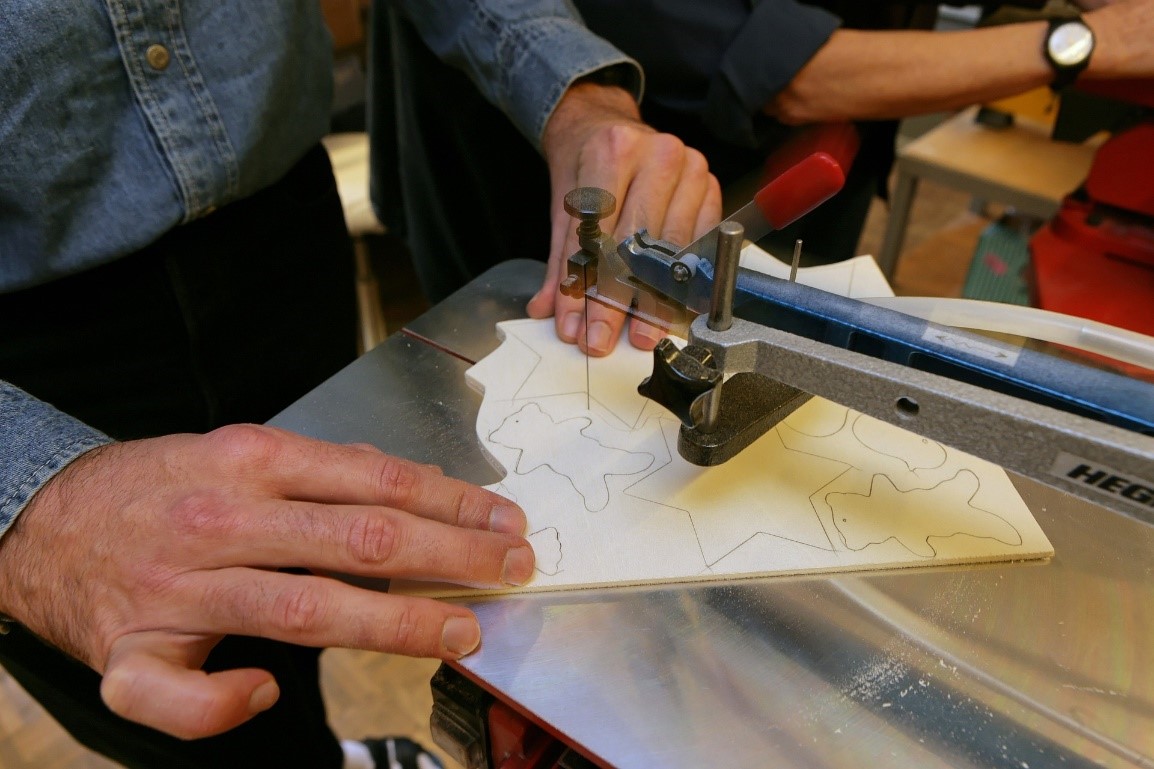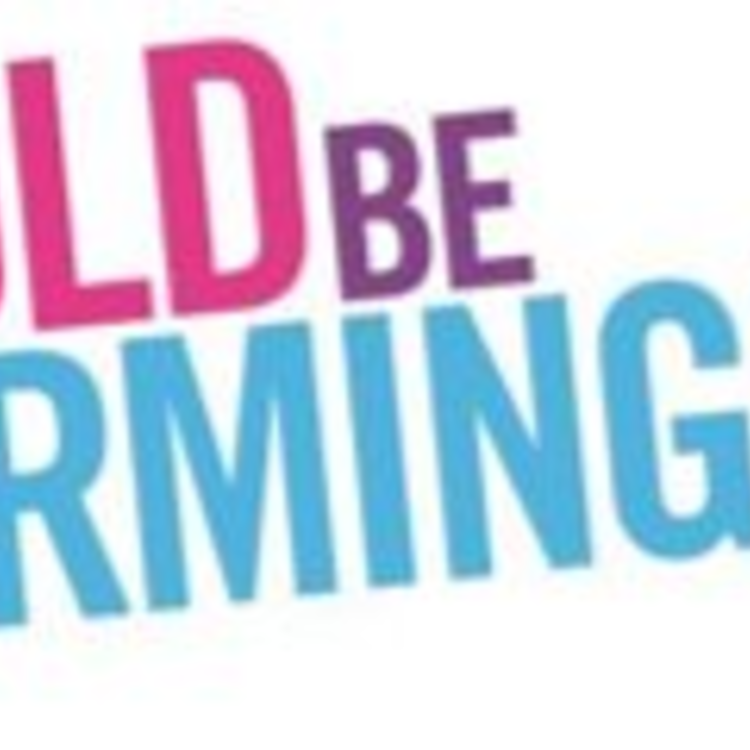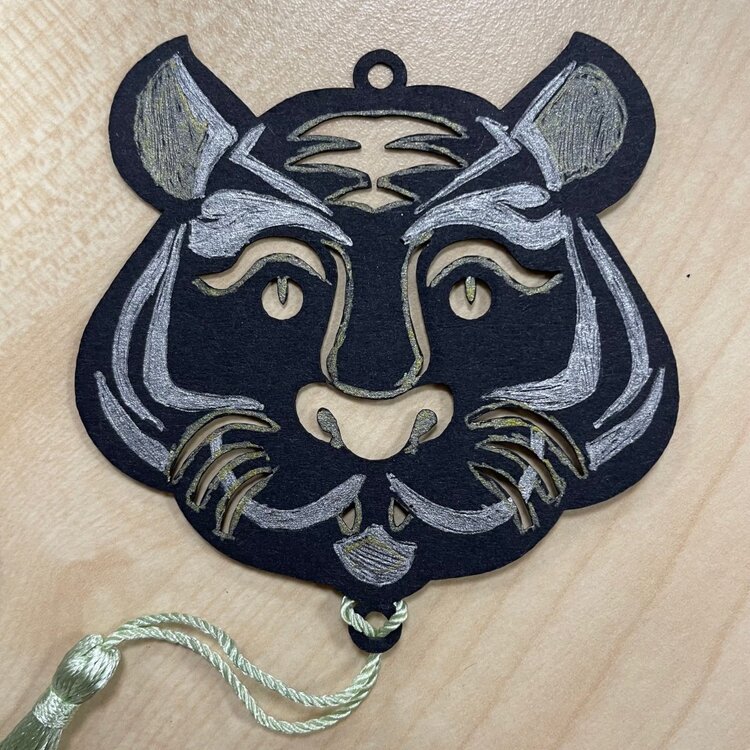Curriculum Information
Subject rationale – Why study the subject? What benefits does it bring?
Through the study of Product Design it is our intent that students will learn how to design and make functional products which enhance people’s lives and add value to the real world. They will explore the impact of design and manufacture on people and the environment so that they can become more responsible citizens making informed choices when it comes to the products they purchase and the resources they use. Students will use research and analysis to explore problems and develop their understanding of the needs and wants of the people who will use their products. They will learn how to approach problems with creativity and innovation and be encouraged to take risks in order to avoid stereotypical responses. They will be encouraged to develop an iterative approach; modifying, reformulating and improving following feedback which will better equip them for success in all areas of their learning. Students will develop their communication skills using a variety of 2D and 3D methods. They will learn about the ever changing technological world in which they live and how advancements are stretching the boundaries of what is deemed possible. Students will learn about a range of materials, their sources and their working properties. They be exposed to a variety of tools, equipment and processes (including CAD/CAM) which will help students to develop their practical skills, manipulating, combining and strengthening materials in a range of ways paying attention to accuracy, quality and finish. By knowing how things are made and what they are made from, students can engage more successfully with the manufactured world in which they live.
KS3 curriculum overview
Year 7
The KS3 curriculum seeks to develop key skills by providing a range of problems for students to solve through the design and manufacture of functional products. To take account of the varied levels of exposure students will have had to D&T at KS2, a baseline activity is sat by all students at the start of Year 7 which allows teachers to identify how much prior learning has taken place and set personalised targets which will help students to move forward from their individual starting points.
Y7- LED Festival Decoration
This project introduces students to basic electronics as well as CAD CAM. Students hand solder components onto a PCB in order to produce a small battery powered LED light. They investigate a range of cultural festivals and design a product to house the circuit board which will light up and can be used as decoration for the chosen celebration. Students learn how to transfer hand drawn designs into vectors using the software programme 2D Design and this allows the housing to be laser cut and etched from acrylic plastic before being assembled with the circuit. Through the project, students consider the environmental impact of products that require energy and explore developments in technology in order to work towards a sustainable future.
Y7- History of Birmingham’s metalworks
The focus of this project is to investigate and research Birmingham’s metal work history, develop ideas from research, communicate through plans, sample write ups and peer and self-assessment and quality of making using hand tools. During this project students will learn how to research and analyse part of Birmingham’s history focused on metal work and how this has helped developed Birmingham’s industrial past. They will analyse existing designers, local to the school and working artists using metal and various blacksmithing skills. Students will develop their hand skills by sampling metal work techniques. These will include creasing, piercing, punching, soldering, engraving and using the rolling mill. Students will work in groups after being given a ‘date’ to research. They will work together to produce a timeline of imagery. Students will develop their IT and CAD skills to design and produce a drawing based on their research that represents and time in Birmingham’s metal work history. This will be used to engrave onto acrylic. A final whole class collaborative piece will be produced using the skills developed over the project.
Year 8- Pewter Cast Badge
This project allows students to investigate scales of production through the process of casting. Students learn about one off and small batch casting that can be carried out in the classroom as well as industrial casting processes for mass production. They develop their knowledge of the source and working properties of metals, in particular, pewter. Students design a lapel badge before manufacturing it using the process of gravity pour casting using a laser cut mould. This required them to build upon the CAD skills they developed in Y7 when preparing the mould design. Post casting, students learn about the importance of finishing techniques in order to produce outcomes that are safe and of the highest quality.
Year 8- Passive amplifier
The focus of this project is research, development and planning and designing. During this project students will learn how to research and analyse a product to create a working prototype/paper model. Students will understand how this initial research will support their material sampling experiments and how to choose the correct materials and tools for each purpose. Students will develop their hand skills by sampling woodworking techniques. They will use a coping saw and hand file to form their sample. The student will also evaluate their sampling and discuss their strengths and weaknesses. Students will develop their IT and CAD skills to design and produce an acrylic element to their speaker. They will also evaluate their design skills throughout this process. A detailed long-term plan of manufacture will be produced to support their making. This will have clear step by step instruction, H&S and quality control checks. A final product will then be produced using both wood and plastic.
Year 9- Kings Heath Railway Station Design
This project invites students to engage with a live brief- the design of a new train station for Kings Heath as part of project to reopen the Camp Hill Line in time for the Commonwealth Games. Students will work with a range of industry experts from organisations such as Network Rail, HS2 and the West Midlands Rail executive in order to generate and present their own proposal. This project provides valuable first hand contact with professionals from fields such as engineering, architecture and planning, developing student awareness of career opportunities within the STEM sector. Students learn about inclusive design and the challenges faces by people with disabilities when engaging with products and environments. They build upon CAD skills developed in year 7 and 8 in order to produce a virtual model of their design using programmes including Tinkercad and Google Sketchup.
Year 9- LED nightlight
The focus of this project is research, planning and designing. During this project students will learn how to analyse and research a target audience and identify a client for their project. They will use this client as a focus throughout. Students will also be introduced to circuits and the components needed to power a light sensitive LED. This will be achieved through research and practical hands on experience building their own circuit and using a soldering iron. Students will then begin to plan their final project using technical terminology and considerations such as quality control and quality assurance. They will then focus their practical woodworking skills and techniques and use tools such as coping saws, bench pegs and the pillar drill. They will be guided through the processes to produce a box to house their circuit using dowel joints. During this making process, students will design and laser cut a transparent, acrylic top to allow their LED to shine through. They will use and develop their CAD skills using 2D design to achieve this. An evaluation of their project will be carried out taking into consideration their client and how successful they have been.
students will learn how to analyse and research a target audience and identify a client for their project. They will use this client as a focus throughout. Students will also be introduced to circuits and the components needed to power a light sensitive LED. This will be achieved through research and practical hands on experience building their own circuit and using a soldering iron. Students will then begin to plan their final project using technical terminology and considerations such as quality control and quality assurance. They will then focus their practical woodworking skills and techniques and use tools such as coping saws, bench pegs and the pillar drill. They will be guided through the processes to produce a box to house their circuit using dowel joints. During this making process, students will design and laser cut a transparent, acrylic top to allow their LED to shine through. They will use and develop their CAD skills using 2D design to achieve this. An evaluation of their project will be carried out taking into consideration their client and how successful they have been.
KS4 curriculum overview
At KS4 we offer the AQA Design and Technology GCSE. This is a two year course which is broken down into two components. Students will sit a two hour exam at the end of Y11 which is worth 100 marks and 50% of the GCSE. The exam comprises three sections. Core technical principles are examined first through a mixture of multiple choice and short answer questions assessing a breadth of technical knowledge and understanding. For this section, students need a broad knowledge of a wide range of areas relating to Design and Technology, including energy storage, mechanisms, materials, systems and sustainability to name but a few. This is followed by specialist technical principles which requires students to answer several short answer questions (2–5 marks) and one extended response to assess a more in depth knowledge of technical principles. For this section, students are required to develop a comprehensive knowledge of one material. As a department we have decided to focus on timber due to the wide range of processing tools, equipment and machinery we have that relate to this material area. Finally, designing and making principles are assessed through a range of short and long answer questions. Topics covered in this section range from anthropometrics and ergonomics to CAD/CAM, Quality Contol, iconic designers and design brands. 15% of the paper is comprised of maths based questions and 10% science, therefore a sound level of competence in these subjects is recommended before enrolling on this GCSE. The remaining 50% of the course is assessed through the Non Examination Assessment or NEA. This requires students to choose a design context provided by the exam board (released in June of Year 10) and identify a design problem within this context. Students must then investigate this problem using a range of research sources and through ongoing analysis work towards a design solution which they will realise through the production of a 3D prototype. It is recommended that up to 35 hours are spent on this unit and outcomes will include a design portfolio (digital or paper based) as well as one or more manufactured prototypes.
Assessment overview
Written paper
2 hours
100 marks
50% of the course
NEA (Non examination assessment)
30-35 hours
100 marks
50% of the course
Revision guidance
The department encourage students to engage with a wide range of revision platforms, literature and techniques in order to customise their revision programme to their own style of learning.
- The department makes Pocket Posters revision guides available to all students. These pocket sized books present the whole GCSE D&T theory element of the course in an engaging, highly visual format that is easily accessible. There is a code printed in each book that provides students access to an online version of the publication.
- All students are taught how to access the SENECA website; a very effective online learning platform which offers revision material for a wide range of GCSE courses. Once logged on, students can complete teacher set revision assignments or work at their own pace. Each topic of the course is presented to users in a clear and accessible format followed by questions to test knowledge and an end of topic test. The software instantly marks answers and provides feedback so areas of strength and weakness can be identified. www.senecalearning.com
- www.technologystudent.com is a fantastic website that has a wide range of revision support material. The main website has information for every topic that will be covered by the exam and more recently, a suite of interactive mobile PDF apps have been added that can be downloaded onto your phone. These take students through each topic area and provide links to more detailed information as well as practise exam questions.
All students are provided with hard copies of past papers and mark schemes. To download these from the AQA website visit
https://www.aqa.org.uk/find-past-papers-and-mark-schemes
Further links
- AQA GCSE D&T Specification
- Past papers and mark schemes
- SENECA
- Technology Student
- TINKERCAD 3D modelling software
Click here for Frequently Asked Questions
Related Blog Posts

Commonwealth Games Badge Design Competition
